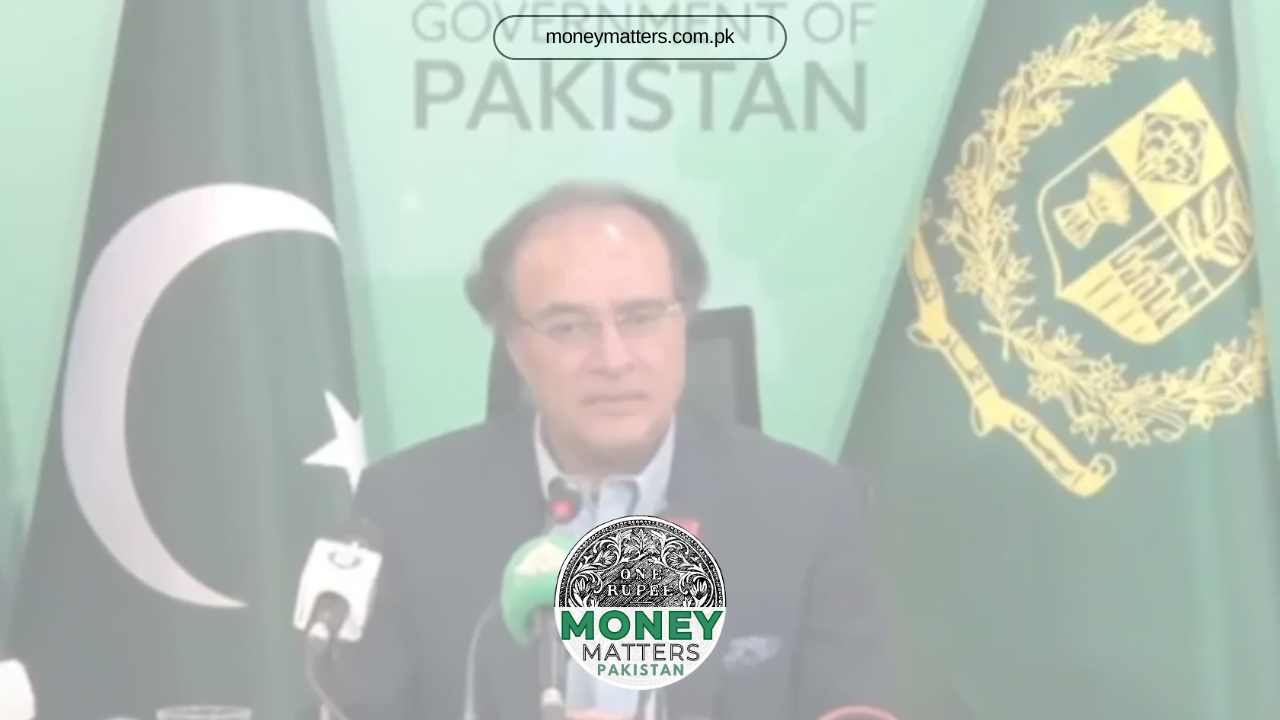Key Takeaways:
• Pakistan Seeks Debt Restructuring from Allies to Secure IMF Bailout
• Requesting extended maturity periods from China, Saudi Arabia, and UAE
• Seeking changes in energy sector agreements with China
Financial Maneuvers for Economic Stability
In a bold move to stabilize its economy, Pakistan has launched a comprehensive plan to restructure its debt obligations. The nation is reaching out to its key partners – China, Saudi Arabia, and the United Arab Emirates – in hopes of rearranging payment terms for over $12 billion in annual debt.
IMF Package in Sight
Finance Minister Muhammad Aurangzeb shared that Pakistan is working towards obtaining approval for a 37-month bailout package from the International Monetary Fund. The country hopes to secure this $7 billion lifeline by next month, which could provide much-needed relief to its struggling economy.
Energy Sector Reforms
A significant part of Pakistan’s strategy involves reshaping its energy sector agreements with China. The government has proposed converting coal-based projects to use local resources instead of imports. Additionally, Pakistan is seeking to restructure more than $15 billion in energy sector debts, aiming to create more financial flexibility.
Finance Minister Muhammad Aurangzeb shared that Pakistan is working towards obtaining approval for a 37-month bailout package from the International Monetary Fund. The country hopes to secure this $7 billion lifeline by next month, which could provide much-needed relief to its struggling economy.
Diplomatic Efforts Yield Positive Signals
After recent discussions in China, Minister Aurangzeb reported that Chinese officials showed understanding of Pakistan’s currency challenges. They expressed openness to supporting new business ventures and restructuring energy sector payments. Importantly, China also indicated willingness to advocate for Pakistan’s case at the IMF board.




